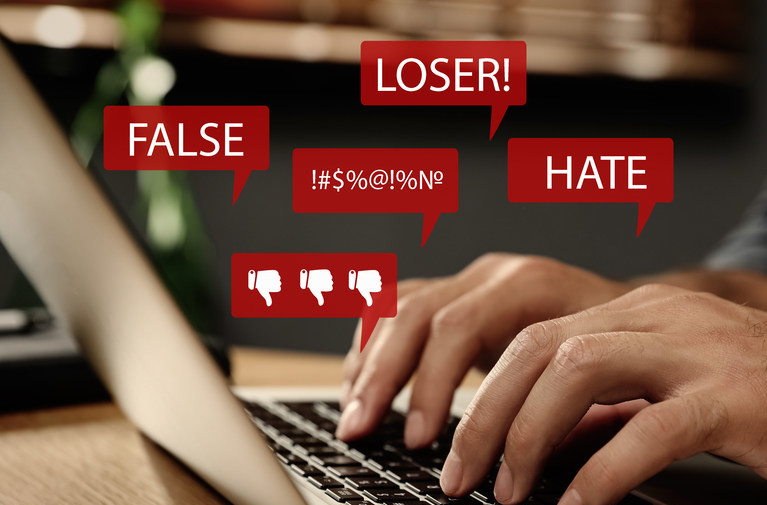Employers Walk Legal Tightrope as Workers Comment on Charlie Kirk Killing
The assassination of conservative activist Charlie Kirk on September 10, 2025, has triggered a wave of firings and suspensions across U.S. workplaces. Employees’ social media posts—ranging from subtle criticism to overt celebration—have put companies in a precarious spot, balancing free speech concerns against public backlash and policy violations.
The Fallout: Firings Sweep Across Industries
Dozens of workers have lost jobs or faced discipline since Kirk’s fatal shooting at a Utah Valley University event. An NPR analysis tallied over 30 cases, including teachers, firefighters, journalists, and corporate staff. In one swift round, an assistant dean at a Tennessee college, an NFL team’s communications coordinator, a Next Door employee in Milwaukee, and a Cincinnati barbecue co-owner were terminated within 24 hours.
Nasdaq fired a junior strategist for posts violating its zero-tolerance policy on violence. United Airlines placed pilots on leave for similar comments, citing its mission to “unite the world.” Clemson University dismissed an employee and sidelined two professors amid pressure from South Carolina lawmakers. Even a Florida Fish and Wildlife Conservation Commission employee was axed for lighthearted remarks.
Public sector cases abound: Greenville County, South Carolina, fired two EMS workers and a sheriff’s office employee for “inappropriate” posts. Children’s Healthcare of Atlanta terminated a staffer for rhetoric deemed unacceptable under social media guidelines.
Legal Landscape: Free Speech vs. At-Will Employment
The First Amendment shields against government censorship but offers scant protection in private workplaces. In at-will states—most of the U.S.—employers can fire for off-duty speech if it harms the company’s reputation or violates policies. Public employees face stricter scrutiny under cases like Pickering v. Board of Education, balancing speech rights with operational needs.
The Pentagon imposed a “zero tolerance” rule for troops mocking Kirk’s death, while states like Indiana and Texas launched probes into educators. Attorney General Pam Bondi threatened federal charges against an Office Depot worker who refused to print Kirk vigil flyers, alleging discrimination. Labor lawyers warn of wrongful termination suits if firings seem politically motivated, but success rates remain low without union backing.
Expert Views and Public Backlash
Employment attorneys describe the surge as a “flashpoint” for political expression. Jenin Younes, legal director at the American-Arab Anti-Discrimination Committee, noted public employers must navigate First Amendment limits case-by-case: Criticizing Kirk’s views might be protected, but celebrating violence likely isn’t.
Conservative figures amplified the pressure. Vice President JD Vance urged on Kirk’s podcast: “When you see someone celebrating Charlie’s murder, call them out—call their employer.” A viral site, the Charlie Kirk Data Foundation, listed over 63,000 alleged critics before shutting down, fueling doxxing claims. On X, posts decried the firings as “cancel culture” reversed, with one user noting: “Teachers celebrating assassination? This is the evil in our schools.” Others defended workers, arguing Kirk’s hate speech warranted scrutiny.
The Washington Post Guild condemned MSNBC’s firing of analyst Matthew Dowd, who linked Kirk’s rhetoric to the violence, as caving to backlash. Dowd apologized but accused the network of buckling.
Impacts on American Workers and Society
This episode exposes vulnerabilities for U.S. employees, especially in polarized times. Firings erode job security, with social media monitoring now routine—70% of employers check profiles, per surveys. It chills political discourse, affecting lifestyle by fostering self-censorship and anxiety over personal posts.
Politically, it deepens divides: Trump’s administration vows action against “praising” the killing, targeting foreign nationals but spilling into domestic enforcement. Economically, industries like airlines and healthcare face boycotts from both sides, hiking HR costs for policy reviews. For everyday Americans, it underscores at-will employment’s harsh reality, prompting calls for broader speech protections amid midterm tensions.
Conclusion: A Chilling Reminder of Speech’s Limits
Employers’ swift actions post-Kirk reflect a tightrope between brand protection and employee rights, amplified by conservative pressure campaigns. While legal challenges may arise, the wave of firings signals a new era of accountability for off-hours opinions. As debates rage, workers must weigh expression against employment risks, urging reforms to safeguard democracy’s voices without endorsing violence.
